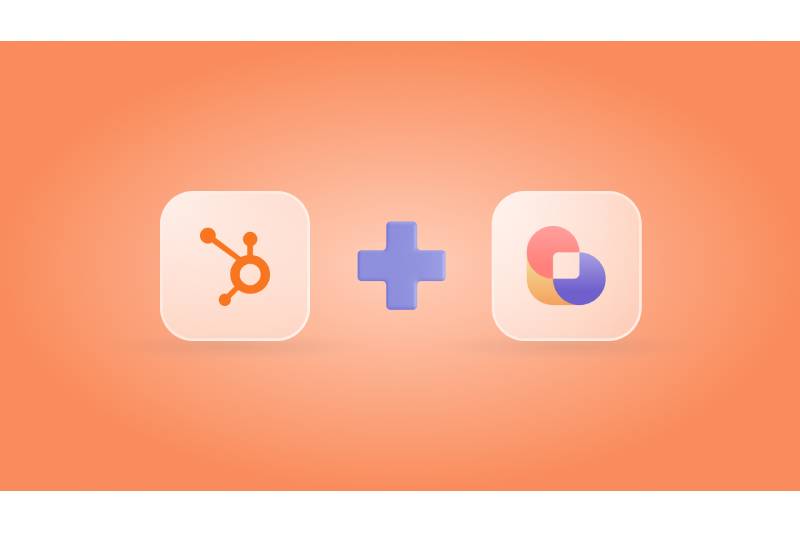Workers everywhere put in countless hours a day on monotonous repetitive chores, like turning papers into PDFs and then uploading them to a drive, where they are then imported into a database and sent to a group of people by email. Even though UiPath was instrumental in developing this type of “robotic” procedure, it has since changed to an AI-driven way of operation as several startups, including Signavio and Servicetrace, have emerged and are rapidly overtaking it. Following a fresh round of funding, a firm called Bardeen is now introducing a tool that automates this kind of labor for companies.
Bardeen’s software automates knowledge labor that is repetitive by using a natural language interface. With the $3 million it raised in this second round, the company has raised a total of $22 million in capital. If it weren’t for the fact that the investors in this round will be heavily disseminating the platform, that could be only marginally noteworthy. Through their venture capital arms, Dropbox Ventures and HubSpot Ventures, the two firms have both become strategic investors in the startup. Additionally, Bardeen’s tech, which launches on Thursday, will be distributed with assistance from the two organizations.
Though Bardeen’s offering is a little more advanced than what it may imply, if you were to imagine “Zapier with more AI,” you would come close to what Bardeen delivers. Rather from being designed for IT departments, it’s primarily intended as a platform for the typical employee of a company to carry out monotonous duties.
The platform appears to be extremely powerful: it can search the web for relevant information, copy and paste text from one document to another, and then compile and transmit all of that information in an email. The firm claims to have over 1,000 paying clients, including Deel, Miro, Kearney, WPP, and 10Web, out of its over 300,000 users.
Bardeen’s agent platform, which was founded in 2020 by Artem Harutyunyan and Pascal Weinberger, is context-aware and operates as a browser extension. This allows the agents to carry out a “planning” stage following user instructions, which, according to Bardeen, aids in repeatability. Additionally, it claims that usage trends let its assistant continuously learn.
Additionally, it interacts with 100 products, including CRMs, sales platforms, and Microsoft 365.
It’s difficult to get an AI platform to provide you with the same response repeatedly, so the repeatability function is crucial. Any product will be completely destroyed in a business setting if there isn’t such predictability.
What, then, is Bardeen’s strategy?
Weinberger explained, “You input your prompt, such as take the meeting notes, turn it into a PDF, extract email addresses and send the PDF to each person, for instance,”
“The platform runs it through a language model, and this is where the differentiation begins. It has a planning stage. So the model figures out that it has to go to the calendar and extract the calendar event, extract the email addresses, create a PDF, etc. It can do that, and then I can just type, ‘Also send a PDF to Pascal on Slack,’ for example,” he continued.
“So the next time I ask it to do the same thing, [the process] has become a learned skill in the same way you would teach an assistant or junior. So I can do the whole thing purely by writing in natural language. Everyone can build automation like this.” the model says after it has figured out a plan and will follow it through.
Naturally, the question arises: Which LLMs does the platform use?
According to Weinberger, OpenAI GPT models are used for “specific automation exercises,” and Gemini is used to translate inquiries. “But every week, there’s a new model that comes out, and we have a benchmark to see which tasks a model is better at,” he continued.
It appears that Bardeen is ready to take the lead, at least for the time being, while competitors like Zapier, UiPath, and others are scrambling to catch up.
